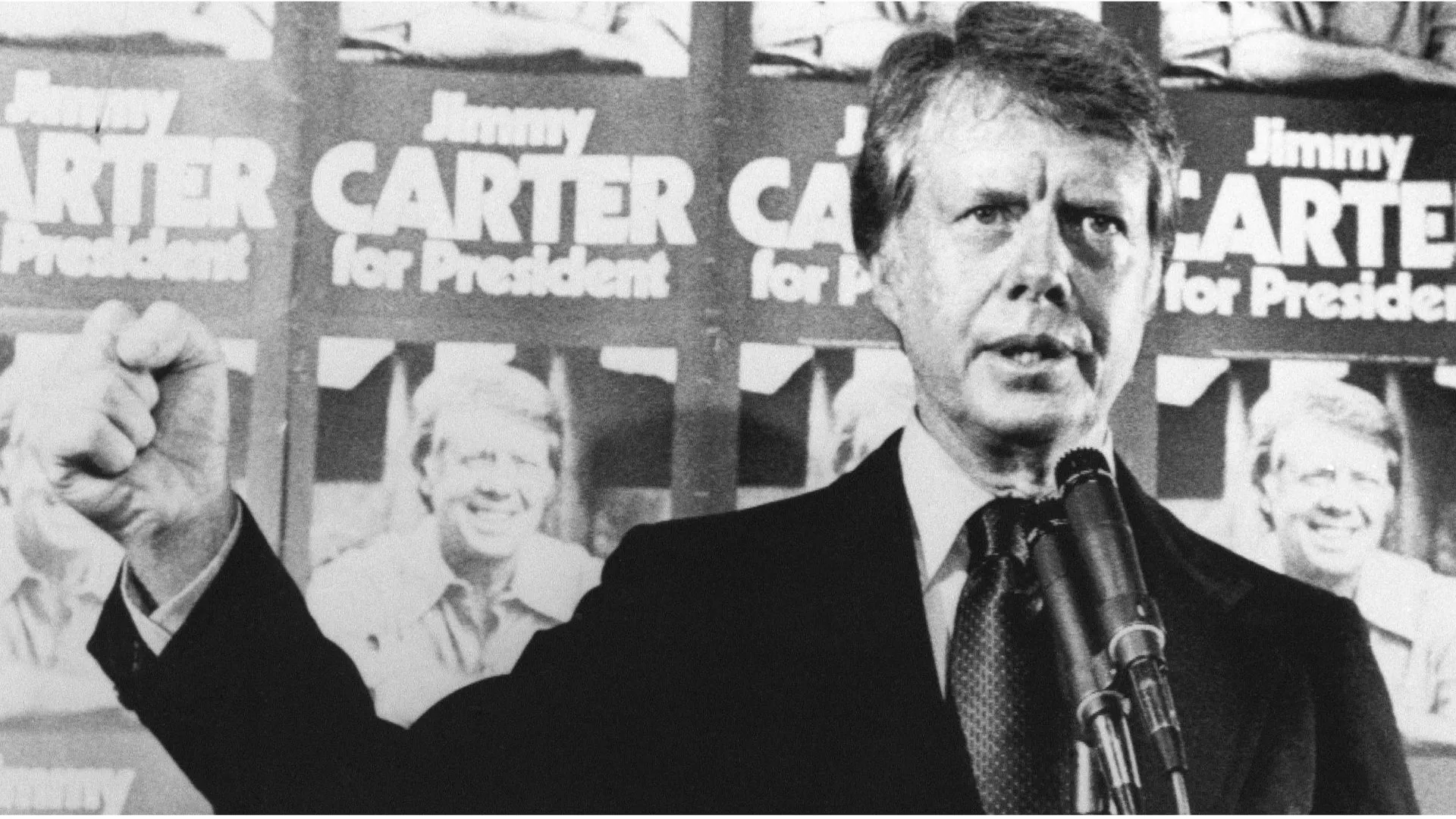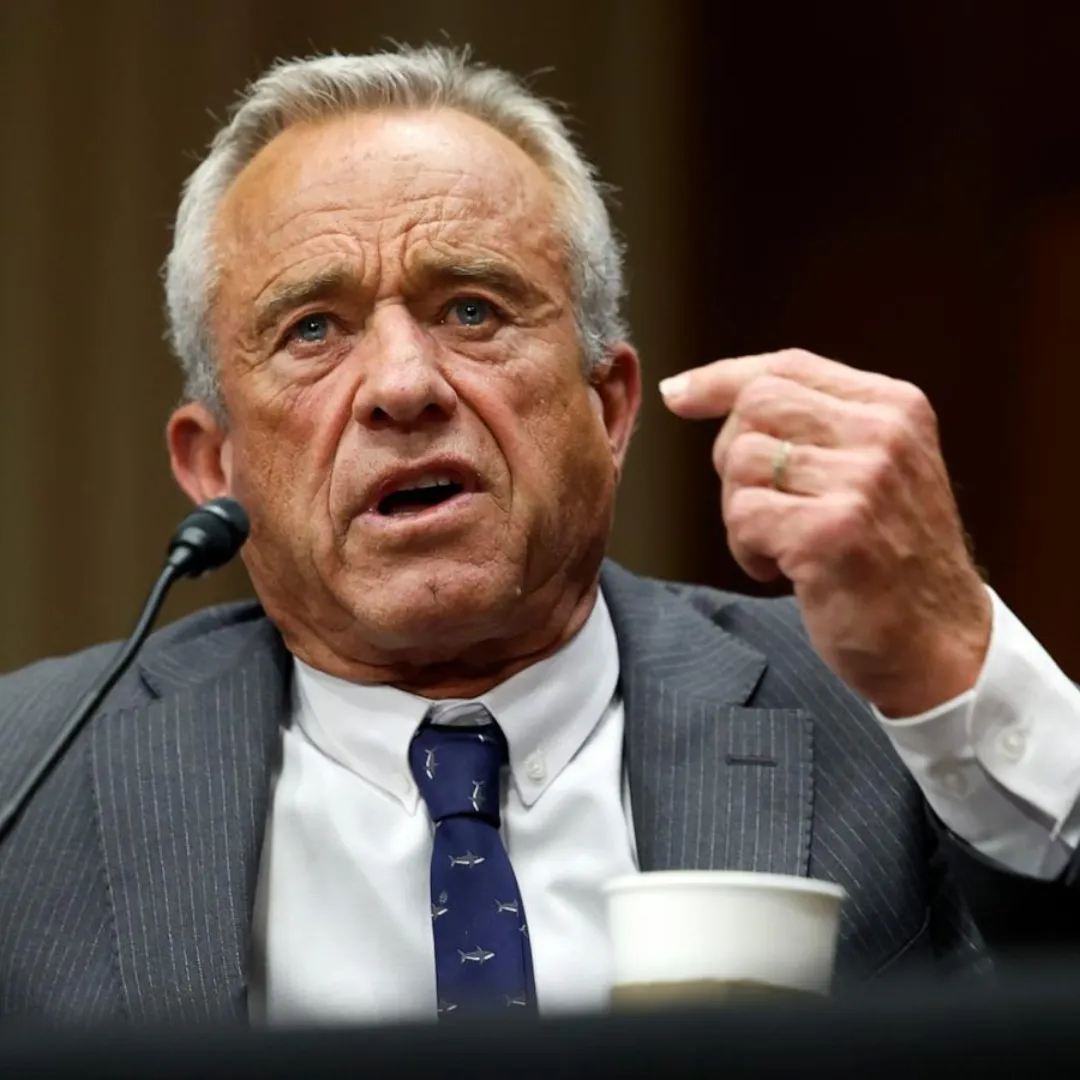Liberal comedian and talk show host Bill Maher, once a staunch critic of the so-called "woke" culture, seems to have experienced a sudden change of heart after an unexpected dinner with President Donald Trump—a move that has sent shockwaves through the progressive wing of the Democratic Party.
In his recent comments, Maher compared Democrats' adherence to identity politics and progressive cultural policies to people “still wearing masks” years after the COVID-19 pandemic—a comparison that many view as a reflection of his disillusionment with what he now calls the party’s “irrelevance.”
Yet, just a few days after his public scorn for "woke" politics, Maher found himself dining with the very person whose policies and rhetoric have made “woke” culture a central target in the culture wars: President Trump.
The dinner, arranged by mutual friend Kid Rock, was an unexpected encounter that seems to have further entrenched Maher’s recent shift toward center-right political views—at least when it comes to the Democratic Party’s internal struggles.
While Maher himself dismissed the dinner as nothing more than a “chance to chat,” his subsequent remarks regarding the future of the Democratic Party and the state of “woke politics” have left many wondering if he’s been influenced by the very forces he once claimed to oppose.
His sudden embrace of centrism and disdain for the party’s left-wing factions seems to mirror Trump’s populist rhetoric. Maher, once a champion of liberal values, now sounds oddly aligned with Trump’s grievances about the left.
While Bill Maher has never been a fan of political correctness or what he perceives as left-wing “nonsense,” his long-standing critiques of “woke” politics had often been viewed as reflective of his desire for a more rational, less ideologically driven political landscape.
Maher, who often considers himself an “old-school liberal,” has regularly mocked what he views as a “progressive overreach,” particularly on issues of race, gender, and identity.
However, following his dinner with Trump—a casual, yet politically charged gathering—the tides seem to have shifted. Maher, speaking on his Club Random podcast, began to echo a familiar refrain: the Democratic Party has alienated its base by pushing forward with far-left cultural policies that many Americans simply can’t get behind.
It was a line of reasoning that Trump himself had used frequently, positioning himself as the populist defender of middle America against what he characterizes as an elitist left that imposes ideological conformity.
“Once you start something, you get a certain amount of cult followers for anything,” Maher said. “Just like there are people who are still wearing masks, you know? A lot of people would say right now the Democratic Party is still in that mode, which is going to render them possibly an irrelevant party if they don’t change.”
At first glance, this is a typical Maher observation, one rooted in his usual disdain for progressive excess. But the timing of his comments, coming shortly after a dinner with Trump, begs the question: Has Maher been influenced by the president’s populist rhetoric, or has he merely found a kindred spirit in Trump’s disdain for “woke” culture?
After all, Maher’s criticisms of the Democratic Party’s culture wars were not new, but the change in tone from progressive scorn to a form of political apologism for Trump’s positions feels like a departure from the host’s usual stance.
For years, Maher had positioned himself as a liberal critic of “woke” politics. His late-night show Real Time with Bill Maher has frequently skewered what he calls the “excesses” of identity politics, social justice movements, and the Democratic Party’s increasing alignment with progressive activist groups.
In one of his signature segments, Maher often criticized the left for prioritizing social causes at the expense of practical policy solutions that might appeal to middle-class voters.
“The Democrats have got to get away from being the party that only cares about this very narrow set of identity issues,” Maher said during one segment. “The party is now more concerned with what people are calling themselves than with creating jobs or making life affordable for ordinary Americans.”
Maher’s stance appeared, for a long time, to fit with the rising populist sentiments across the country—specifically, in rural and working-class areas where many voters were disillusioned with the political class, including liberal elites. However, Maher’s recent comments have taken this critique to a new level.
At the Salt Lake City rally for the “Fighting Oligarchy” tour, Ocasio-Cortez and Sanders continued to defend progressive policies on social justice, healthcare, and wages, but Maher’s comments seem to signal that he believes Democrats’ focus on “woke” politics has alienated voters and left them vulnerable to populist figures like Trump.
“The Democrats have become so obsessed with the idea of ‘wokeness’ that they’ve lost sight of what made them popular in the first place: a message that resonates with working-class Americans.”
This was a sentiment Maher echoed as he criticized the party’s “failure to move beyond the far-left” during an interview after his dinner with Trump.
Trump has made no secret of his disdain for what he calls the “woke left,” a term he uses to disparage progressives on everything from race relations to gender identity.
Much of Trump’s political messaging has hinged on presenting himself as the defender of traditional American values against what he describes as the encroachment of a “radical left-wing agenda” pushed by cultural elites and progressives in power.
Trump has repeatedly cast himself as the anti-woke candidate, appealing to voters who feel alienated by what they perceive as the increasing political correctness and ideological conformity on the left.
His supporters have responded positively to his consistent pushback against progressive social causes, seeing it as a breath of fresh air in a climate that feels stifled by “political correctness.”
Interestingly, this is where Maher and Trump’s views seem to align. While Maher has often been critical of Trump’s authoritarian style and policies, particularly his rhetoric toward immigrants and minority groups, the two share a deep disdain for “woke” culture and the direction they see the left heading in terms of identity politics.
In fact, it’s hard to ignore the ironic similarity between Maher’s recent shift toward centrism and Trump’s populist message. Both view the current trajectory of the Democratic Party as out of touch with the concerns of the average American voter, particularly those in working-class and swing states.
And both have used their platforms to criticize what they see as the “elitism” of urban, progressive liberals, focusing instead on economic populism and national pride.

The question remains: Has Bill Maher fundamentally shifted his political philosophy, or is his recent commentary merely an attempt to strategically carve out a middle ground between the far left and the right, based on his personal frustrations with the Democratic Party?
It’s also worth considering the influence that Trump’s populist base—along with figures like Elon Musk and Kid Rock, with whom Maher now shares personal ties—could have on Maher’s views. After all, the dinner with Trump was not a casual meeting.
It was part of a broader narrative in which Maher has aligned himself with the anti-woke movement that has become central to Trump’s rhetoric.
Maher, a self-described old-school liberal, has consistently expressed disappointment with the “excesses” of progressive culture. His critique of the left was once about policy over ideology—now, it seems, his critique of the left includes a condemnation of its ideological purity tests and cultural policing.
But the alignment with Trump—a figure with a reputation for undermining democratic norms and promoting authoritarian tendencies—raises questions about the deeper ideological direction Maher may be heading in.
In the aftermath of Maher’s shift, there are growing concerns about where the Democratic Party is heading. While Sanders, Ocasio-Cortez, and other progressives continue to fight for a bold progressive agenda, there is a growing recognition that the party must reconnect with working-class voters who may feel alienated by the focus on social issues over economic ones.
“I think the key to winning back the country is going to be reuniting the working class,” Maher said in an interview following his dinner with Trump. “The Democrats have got to recognize that there’s a difference between fighting for equality and fighting for a political agenda that doesn’t have room for working people.”
However, this compromise between populism and progressivism is a delicate one. Maher’s recent comments indicate that he may be leaning more toward a center-right approach, aligning with populist rhetoric that challenges the far-left’s dominance within the Democratic Party.
Bill Maher’s evolving views on the Democratic Party and his newfound camaraderie with figures like Donald Trump and Elon Musk raise questions about the future of American politics. His latest remarks on "woke" politics, Democratic centrism, and his focus on economic populism show how much the political landscape is changing.
Whether Maher is using his platform to carve out a more influential role in a shifting political climate or is genuinely adopting new ideas remains to be seen. But one thing is clear: Bill Maher is no longer the staunch liberal he once was.
His move away from the left could represent the beginning of a broader transformation in how America addresses its political and cultural divides. If his influence continues to grow, it might very well serve as a harbinger of a new populist, centrist movement—one that challenges both the ideological purity of the left and the authoritarianism of the right.
In any case, Maher’s stance is unlikely to sit well with everyone. Whether this shift will result in political credibility or a backlash from progressives will become clearer in the months ahead as we approach the 2026 midterms and future elections.







-1732769585-q80.webp)
